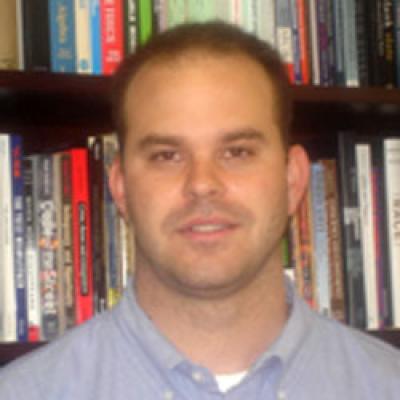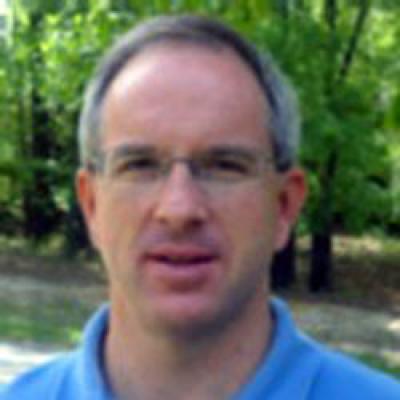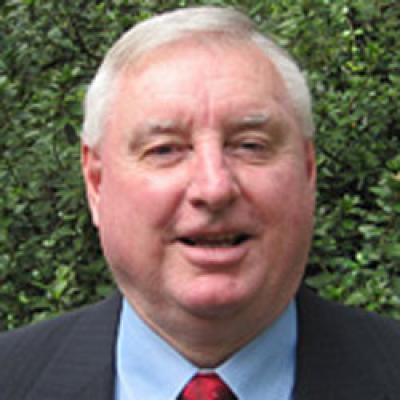Faculty

FSU Criminology Professor Gary Kleck argues that storing guns in safes could critically delay gun access.
http://abcnews.go.com/2020/video/parents-store-guns-home-22325804
Tagged: Faculty

University Communications and the Office of the Provost hosted the second annual Newsmakers of the Year event, a celebration of Florida State University faculty members whose expertise and research raised the university’s profile in 2013, on January 28 at the Augustus B. Turnbull III Florida State Conference Center. Dr. Bill Bales, Dr. Kevin Beaver, Dr. Terry Coonan, and Dr. Gary Kleck were recognized as top newsmakers for the College of Criminology and Criminal Justice.

Eleven members of the Florida State community were recognized for their contributions to distance learning during the 2012-2013 Distance Learning Awards Ceremony Nov. 13. The event was held in conjunction with National Distance Learning Week. “At Florida State, we strive to create the same level of quality learning for our distance students that their on-campus counterparts enjoy,” said Susann Rudasill, director of the Office of Distance Learning.
Tagged: Awards, Distance Learning, Faculty

WEST PALM BEACH, Fla. — At 37 years old, Gemma Burlakoff became one of three women to die at the hands of their spouse or partner in Palm Beach County in October, a month dedicated to domestic violence awareness.
Nicole Bishop is the director of victim’s services in Palm Beach County. She said calls for crimes related to domestic violence are on the rise.
“It’s heartbreaking and we just want it to stop,” she said.
Bishop said between 2009 and 2011 there were 40 domestic violence homicides.

On September 11, 2013, nearly 120 runners participated in the College of Criminology & Criminal Justice’s inaugural Blue Light Memorial 5k and candlelight vigil. The race served as a fundraiser for a permanent fallen officer memorial at the College on Florida State University’s campus and brought in more than $7,500. As participants ran through FSU’s campus they were cheered on by volunteers from the Pat Thomas Law Enforcement Academy and Lambda Alpha Epsilon, a professional criminal justice fraternity.

The College of Criminology & Criminal Justice at Florida State University has officially moved into Historic Eppes Hall. Constructed in 1918, Eppes Hall was originally known as the Education Building and was the first building on campus devoted entirely to classroom use at the Florida State College for Women. As the College evolved into a major research university, and as academic units outgrew Eppes Hall, the building became home to a number of small programs looking for office and classroom space of their own.

Dr. Eric Baumer, Professor at Florida State University’s College of Criminology & Criminal Justice, has been elected as Vice President of the American Society of Criminology (ASC). Along with the President, President-Elect, and Immediate Past President of ASC, Dr. Baumer will exercise leadership in the field of criminology nationally and abroad. The VP serves as part of the ASC Executive Committee, the ASC Executive Board, Chair of the Publications Committee,a nd Editor of the Criminologist.

The editorial board of Policing: An International Journal of Police Strategies & Management has selected a research project conducted by an FSU father-son team as one of the most impressive scholarly studies it published during 2012.
The article, written by William M. Doerner and William G. Doerner, examines the impact of professional accreditation on clearance rates in Florida police agencies over the 1997‒2006 period.

The College of Criminology & Criminal Justice at FSU is pleased to announce that Dr. Gary Kleck, Professor, has been appointed to the Committee on Priorities for a Public Health Research Agenda to Reduce the Threat of Firearm-Related Violence. The project is a joint project of the Institute of Medicine (IOM) and the National Research Council Division of Behavioral Social Sciences and Education with the administrative leadership provided by the IOM Executive Office.
Tagged: Faculty

Two of the College of Criminology & Criminal Justice faculty members were recently promoted to Professor, beginning next fall. Dr. Carter Hay and Dr. Kevin Beaver are two outstanding faculty members that work hard to promote the research capacity of the College and its Distance Learning program. Visit Dr. Hay’s and Dr. Beaver’s faculty pages to learn more about their research interests or how to get in touch to congratulate them personally.
Congratulations, Dr. Hay and Dr. Beaver!
Tagged: Faculty
